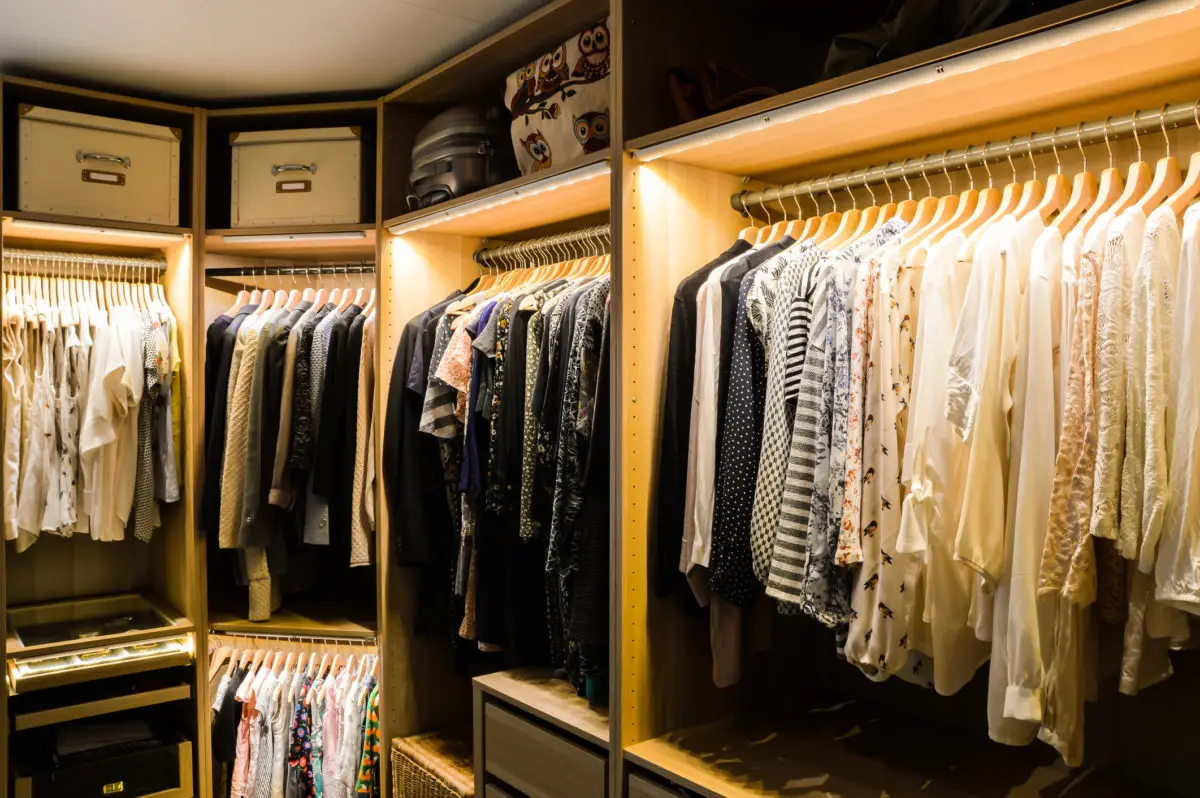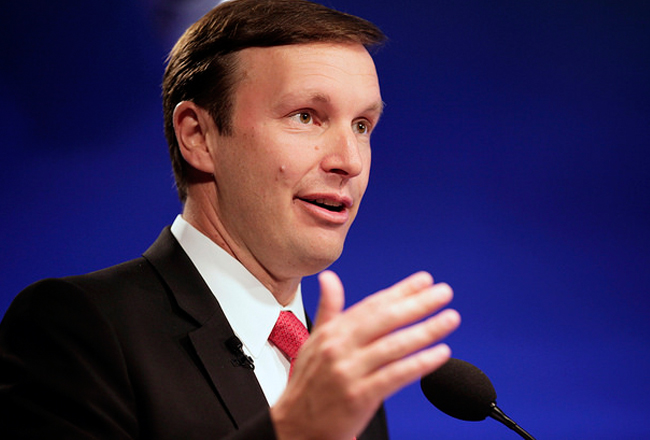
Of the many things funerals are for, they are most certainly not for settling scores. So as the people of Great Britain lay Queen Elizabeth II to rest with all the stateliness for which they are famed (6 a.m. Monday, Sept. 19, EDT), this is not the moment to be wondering if the public should turn its back on Prince Harry and Meghan, the Duke and Duchess of Sussex, for their roles in Megxit. (Why compound their limited professionalism with bad manners?) It is not the moment to take on the weighty, complex issue of the monarchy”™s role in colonialism. And it”™s not the moment to wonder why people are fascinated with the British royal family. (Because they”™re part of history and our modern mythology.)
Nonetheless, funerals are as much for the living as they are for the dead, many even more so, just as periods of mourning are as much about the present and the future as they are about the past. Among the many questions that have arisen this past week ”” about the future of the monarchy and the Commonwealth, relations among members of the royal family ”” one of the most persistent has been what kind of king will Charles be?
For some, pen-gate ”” two ceremonial moments when he became flustered by leaking fountain pens ”” offered an inkling of a man who lacks the equanimity of his mother. Of course, this does not take into account a 73-year-old man who ”” having just lost that mother, with whom he had a complex relationship ”” has been going nonstop. Far more telling in this scenario was the moment in which Queen Consort Camilla came to the rescue to survey the ink-stained desk. This told us everything about why the king chose her over the late, lamented Diana, the former Princess of Wales. (The title now belongs to daughter-in-law Catherine, wife of son William, now Prince of Wales as heir to the throne.)
Diana would”™ve just laughed off Charles”™ discomfort. (Remember the time he donned a hard hat and she said he looked like a Volkswagen Beetle with the doors open because of his protruding ears?) In Camilla, Charles found the nurturing he didn”™t get from his mother as a child. She steadies him.
A better idea of what kind of king Charles will be has emerged from other sources. The New York Times has weighed in with a provocative piece on Charles”™ management of the duchy of Cornwall, which now passes to Prince William and which the king turned into a $1.4 billion enterprise over the course of a half-century. It”™s an intricate story that requires understanding what belongs to the Crown (the state) and the sovereign personally. (It”™s worth scrolling through the story”™s comments for more detailed information.) The PBS “Great Estates Scotland” episode on Dumfries House recounts how Charles, then Prince of Wales, saved an architecturally significant mansion, thereby ensuring employment for neighboring residents who had seen jobs dry up. To hear some of those young people, having acquired new skills, talk about being saved from the streets is quite moving.
And that brings us to his first speech as king. Here is the key sentence: “With Catherine beside him, our new Prince and Princess of Wales will, I know, continue to inspire and lead our national conversations, helping to bring the marginal to the center ground where vital help can be given.”
“Helping to bring the marginal to the center ground where vital help can be given”: There are many in Britain today ”” immigrants, people of color ”” who feel they don”™t belong. There are people who are wondering how they are going to pay for gas, put food on the table and heat their homes this winter.
If Charles can help bring the marginal to the center ground, then whether his reign be short or long, he will be accounted a good king.





















